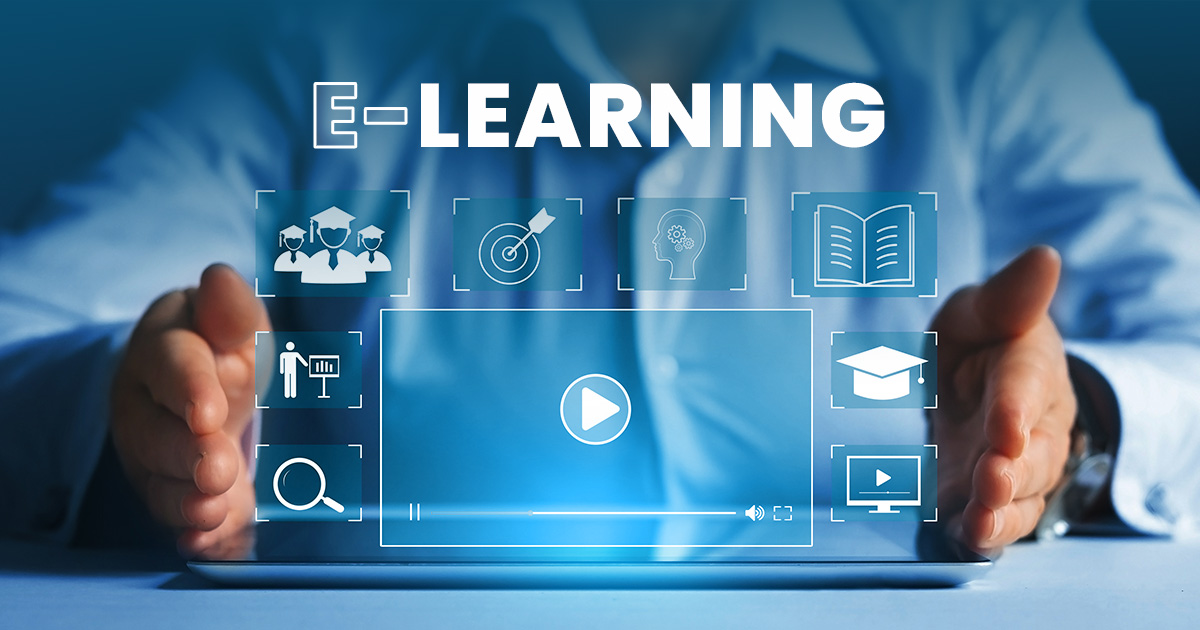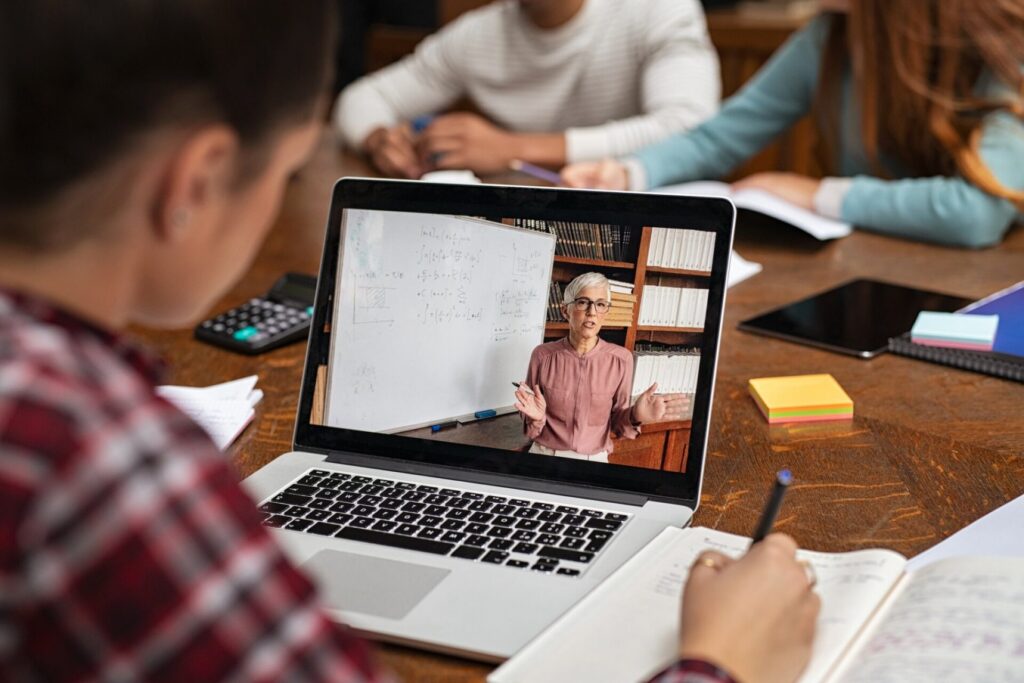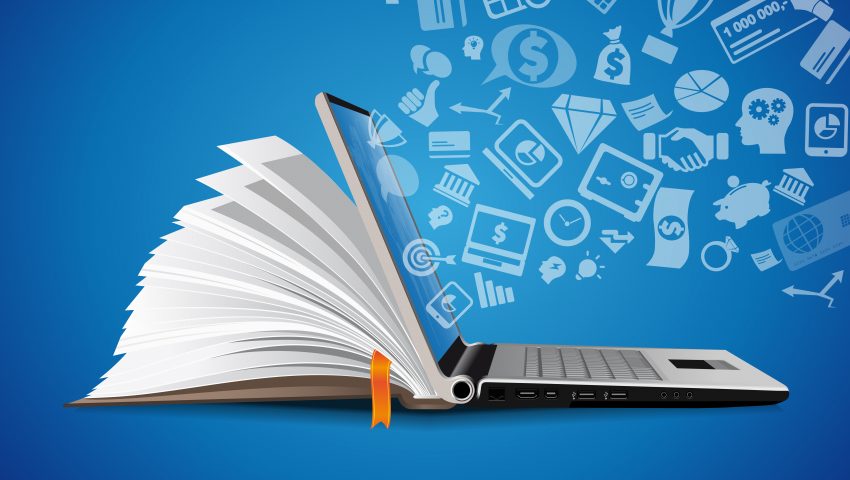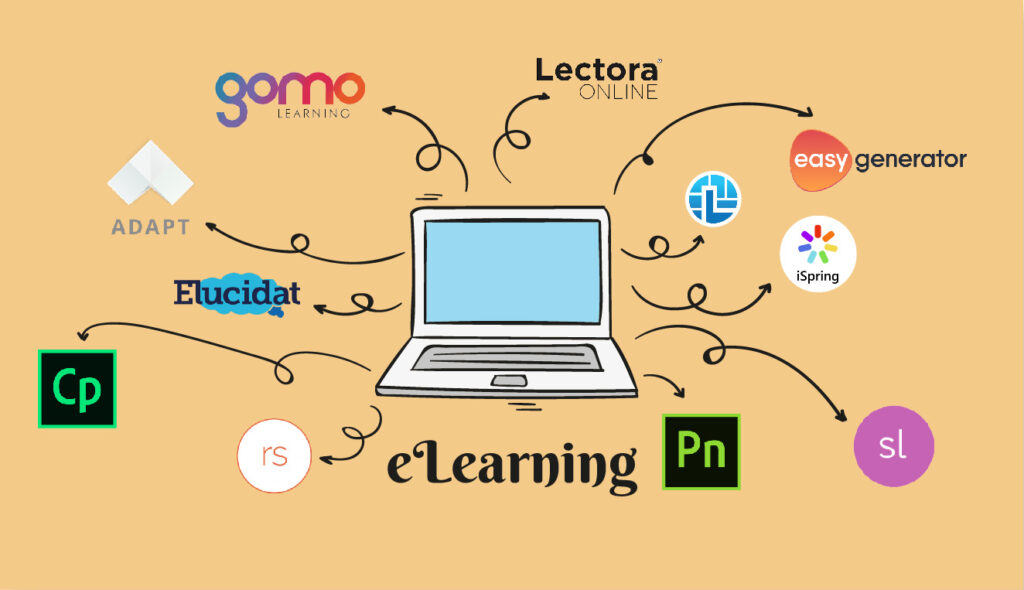
E-Learning Revolution: How Digital Technologies Are Reshaping Education
In the digital age, the landscape of education is undergoing a profound transformation. Traditional models of learning, confined within the walls of classrooms, are being challenged by the emergence of e-learning platforms and digital technologies. These innovations are breaking down barriers to education, and offering flexible and accessible learning opportunities to students worldwide. With the rise of online courses, virtual classrooms, and interactive learning tools, learners are no longer bound by geographical limitations or rigid schedules.
The integration of digital technologies into education has revolutionized the way knowledge is accessed and disseminated. Through e-learning platforms, students can engage with course materials at their own pace, allowing for personalized learning experiences tailored to individual needs and preferences. Moreover, digital resources such as multimedia content, simulations, and virtual reality applications enrich the learning process, making complex concepts more accessible and engaging. As a result, students are empowered to take control of their learning journey, fostering independence and self-motivation.
The shift towards e-learning is not only reshaping the dynamics of formal education but also democratizing access to learning opportunities. Digital technologies have the potential to bridge the gap between privileged and marginalized communities, providing equal access to quality education regardless of socio-economic background or geographic location. Online learning platforms offer a wealth of free or affordable courses, eliminating financial barriers and empowering learners from diverse backgrounds to pursue their educational aspirations. As the e-learning revolution continues to gain momentum, it holds the promise of a more inclusive and equitable education system for all. Online learning platforms have recently been teaching students about vestibular rehab in Hempstead.
Empowering Educators

In addition to transforming the learning experience for students, digital technologies are also empowering educators to innovate and adapt their teaching methodologies. E-learning platforms provide educators with a vast array of tools and resources to design interactive and engaging lessons that cater to diverse learning styles. From multimedia presentations to gamified quizzes, technology-enabled teaching strategies enable instructors to create dynamic and immersive learning environments that captivate students’ attention and enhance knowledge retention.
Furthermore, digital technologies offer educators valuable insights into student progress and performance through data analytics and learning management systems. By tracking students’ interactions with course materials and assessments, educators can gain a deeper understanding of individual learning needs and provide targeted support and feedback. This data-driven approach to teaching enables instructors to identify areas of strength and weakness, allowing for timely intervention and personalized instruction. Did you know that you can get interactive education about trucks by getting CDL classes in Houston TX?
Moreover, digital platforms facilitate collaboration and knowledge sharing among educators, fostering a culture of continuous learning and professional development. Online communities, forums, and webinars provide opportunities for educators to exchange ideas, best practices, and innovative teaching strategies. By leveraging the collective expertise of their peers, educators can stay abreast of the latest trends and advancements in education technology, ensuring they remain effective and adaptive in an ever-evolving digital landscape. These platforms serve as avenues for discussing broader societal issues, such as gender equity, where topics as diverse as women’s t-shirts in dress codes can be explored and addressed collaboratively.
Challenges and Opportunities Ahead
While the e-learning revolution holds immense promise for the future of education, it is not without its challenges. One of the primary concerns is the digital divide, which refers to the gap between those who have access to digital technologies and the internet and those who do not. Bridging this divide requires concerted efforts to expand internet connectivity and provide affordable access to devices and infrastructure, particularly in underserved communities. After learning valuable information by getting education classes online, you can use it to earn money and buy clothes from designer brands in UAE.
Another challenge is ensuring the quality and credibility of online education. With the proliferation of e-learning platforms and courses, there is a need for robust accreditation mechanisms and quality assurance standards to uphold educational standards and protect learners from misinformation and substandard instruction. Additionally, educators must be equipped with the necessary digital literacy skills to effectively navigate and leverage technology in their teaching practice. If you want to get classes from e-learning platforms in Serbia, get a car from the rent a car Beograd company and go there.
Despite these challenges, the e-learning revolution presents numerous opportunities to reimagine and transform education for the better. By harnessing the power of digital technologies, we can create a more flexible, inclusive, and personalized learning experience that empowers learners to reach their full potential. As we continue to embrace innovation and embrace the possibilities of e-learning, we have the opportunity to shape a brighter future for education, where knowledge knows no bounds and learning knows no limits. You can e-learn about next generation technology solutions as well.
Exploring New Frontiers in E-Learning

As the e-learning revolution continues to unfold, educators and technologists alike are exploring new frontiers in digital education. One such frontier is the integration of artificial intelligence (AI) and machine learning algorithms into e-learning platforms. These technologies have the potential to revolutionize the learning experience by personalizing instruction, providing real-time feedback, and even predicting student performance. By analyzing vast amounts of data on student behavior and learning outcomes, AI-powered systems can tailor educational content and activities to meet the unique needs and preferences of individual learners. Many e-learning platforms offer education on detailing services. Some of them recommend getting paint correction in Carlsbad CA.
Personalized Learning with AI
Personalized learning has emerged as a cornerstone of effective education, recognizing that every student has unique strengths, weaknesses, and learning styles. AI algorithms can leverage data on student performance, preferences, and progress to create customized learning pathways that adapt in real-time to meet individual needs. For example, an AI-driven adaptive learning system can assess a student’s proficiency in a particular subject and dynamically adjust the difficulty level of exercises and assignments accordingly. By providing targeted support and remediation, personalized learning with AI has the potential to improve student outcomes and foster greater engagement and motivation. Through an e-learning platform, you get restorative aide training online which will give you enough information for you to start working in the medical field.
Enhancing Student Engagement
Engagement is a key determinant of learning success, yet traditional educational approaches often struggle to captivate students’ interest and attention. AI technologies offer innovative solutions to enhance student engagement and motivation by creating interactive and immersive learning experiences. For instance, AI-powered virtual tutors can engage students in conversational dialogue, answering questions, providing explanations, and offering encouragement in real-time. Similarly, gamification techniques, such as leaderboards, badges, and rewards, can leverage AI algorithms to adapt game mechanics and challenges to suit individual preferences and performance levels, fostering a sense of accomplishment and progression. Some e-learning platforms have been sued by their competition. To win their case, the companies hired the best product liability expert witness to help them with it.
Fostering Collaborative Learning
Collaborative learning plays a vital role in developing critical thinking, communication, and teamwork skills essential for success in the 21st-century workforce. AI technologies are facilitating new opportunities for collaborative learning by enabling virtual collaboration and knowledge sharing among students. For example, AI-driven collaborative platforms can facilitate group discussions, project-based learning activities, and peer-to-peer feedback in virtual environments. By breaking down geographical barriers and fostering connections among students from diverse backgrounds, AI-powered collaborative learning tools promote social interaction and collective problem-solving, enriching the learning experience and preparing students for the collaborative nature of the modern workplace. Instead of investing in e-learning platforms, invest in roofing replacement installation.
Ethical Considerations in AI-Powered Education
While the integration of AI technologies holds tremendous potential to enhance learning outcomes, it also raises important ethical considerations and concerns. One such concern is the issue of data privacy and security, particularly regarding the collection and use of sensitive student data by AI algorithms. Educators and policymakers must prioritize the development of robust data protection policies and safeguards to ensure the responsible and ethical use of student data in e-learning environments. Additionally, there is a need for transparency and accountability in AI-powered decision-making processes to mitigate the risk of bias and discrimination.
Addressing Equity and Inclusion
As we embrace AI technologies in education, it is imperative to address issues of equity and inclusion to ensure that all students have equal access to the benefits of digital learning. The digital divide remains a significant barrier for many underserved communities, disproportionately impacting students from low-income households and rural areas. To bridge this divide, concerted efforts are needed to expand internet connectivity, provide access to affordable devices, and promote digital literacy skills among marginalized populations. Moreover, AI-powered e-learning platforms must be designed with diversity and inclusivity in mind, taking into account the needs and perspectives of learners from diverse cultural, linguistic, and socio-economic backgrounds.
The Future of E-Learning: Beyond the Classroom

Looking ahead, the future of e-learning extends beyond the confines of traditional classrooms and formal education settings. As digital technologies continue to evolve, so too will the ways in which we learn and acquire knowledge. One promising trend is the rise of lifelong learning platforms that offer continuous skill development and professional education opportunities to individuals throughout their lives. These platforms leverage AI-driven recommendations and personalized learning pathways to support career advancement and lifelong personal growth.
Unlocking the Potential of E-Learning
In conclusion, the e-learning revolution is reshaping education as we know it, leveraging digital technologies to create flexible, personalized, and inclusive learning experiences for students worldwide. From AI-powered adaptive learning systems to collaborative virtual environments, the possibilities of e-learning are endless. By embracing innovation and addressing ethical considerations, we can unlock the full potential of e-learning to empower learners, educators, and communities to thrive in the digital age. As we continue to explore new frontiers in e-learning, let us seize the opportunity to shape a future where education knows no boundaries and every learner has the opportunity to reach their full potential.

